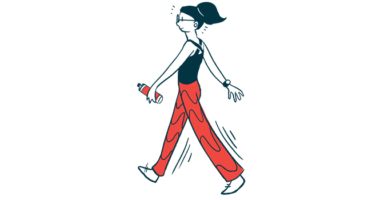T-shirt design contest opens for Batten disease awareness day
Submissions are being accepted at contest website; winner to be chosen in May

The Batten Disease Support and Research Association (BDSRA) is holding a contest to find the design for the T-shirt for this year’s International Batten Disease Awareness Day, an annual effort on June 9 to raise awareness about Batten disease.
Submissions are being accepted on the official contest website until 12 a.m EST on April 30, according to the contest announcements. Artists under age 18 must have an adult submit their design on their behalf.
Designs for the contest will be printed on the front of the T-shirt and must fit within a 10-inch square area. The BDSRA offers a template artists can use to guide their designs.
Images can be created electronically or drawn by hand, though hand-drawn images must be in dark ink and may be modified. Designs that contain very fine lines and intricate details or a large number of colors are not suitable.
Once designs are submitted, the BDSRA will select three finalists in early May and will host a community vote to determine the winner that same month. The winning design will be printed in a single color on the front of T-shirts that will be available by the BDSRA for Batten awareness day.
As in years past, the association will host a 5K run/walk event on June 9. Registration will open soon and the T-shirts will be available to participants. They may also purchased apart from participation in the 5K, but shipping is limited to within the U.S.
Batten disease refers to a group of inherited neurological disorders characterized by symptoms such as vision loss, seizures, and difficulties with communication and mental health.
The BDSRA was founded by parents of children with Batten to form a support network for people affected by the disease. In addition to advocacy, the group also offers phone consultations to provide support and help families find resources.







